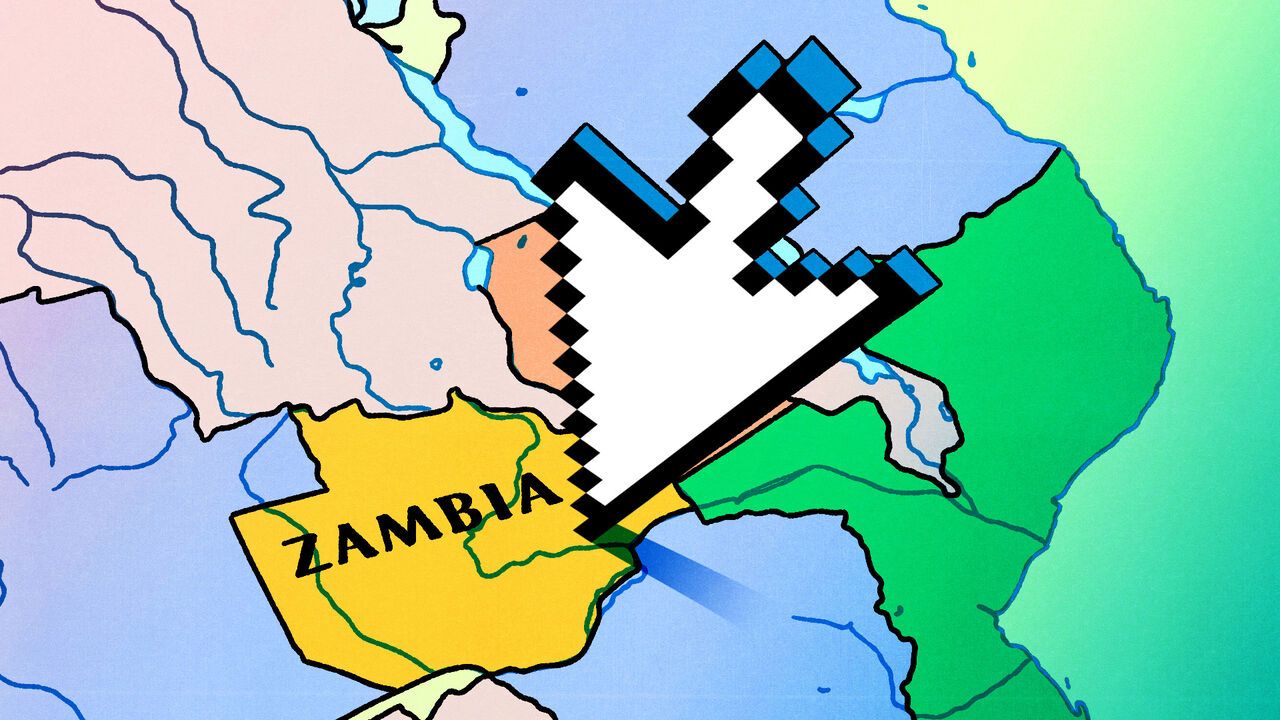Articles in this Cluster
16-07-2025
The article 'Don’t invest through the rearview mirror' discusses how investors often price stocks based on past performance rather than future prospects. It explains that in an ideal world, stock prices would be determined by forecasting future cash flows and discounting them to their present value. However, the reality is more complex due to factors like interest rates, risk, and investor appetite. The article emphasizes the importance of looking forward when making investment decisions rather than relying on historical data.
Entities: markets, investors, The Economist, Jane Street, India • Tone: neutral • Sentiment: neutral • Intent: inform
16-07-2025
The Economist's finance and economics section discusses various global economic issues, including the impact of trade wars, market trends, and investment strategies. It highlights how the global economy is adapting to crises and the role of economics in shaping ventures. The section also covers specific country-focused stories, such as Japan's investing fever and Iran's war economy, as well as company-specific news like Jane Street's exit from India and Vanguard's fee reduction.
Entities: The Economist, Donald Trump, China, Jane Street, India • Tone: analytical • Sentiment: neutral • Intent: inform
16-07-2025
The article discusses how the global economy has historically shown resilience in the face of crises, citing the example of British investors during World War II who made significant profits despite initial fears of economic destruction. It highlights the ability of markets to adapt and look forward, rather than being deterred by current events or past experiences.
Entities: Adolf Hitler, Europe, Britain, London, The Economist • Tone: analytical • Sentiment: positive • Intent: inform
16-07-2025
Japan is experiencing an investing fever, with a surge in interest in financial markets and investing among its population. This is evident in the proliferation of financial guides in bookshops, advertisements for investing seminars on trains, and the popularity of financial influencers online. The trend is driven by a growing realization that leaving money in savings is wasteful, with young influencers like Ponchiyo, a 31-year-old YouTuber, playing a significant role in promoting investing among the younger generation.
Entities: Japan, Ponchiyo, YouTube, The Economist, Tokyo • Tone: neutral • Sentiment: positive • Intent: inform
16-07-2025
The article discusses how the US, under Donald Trump, is indirectly waging a trade war with China by imposing conditions on other countries through trade deals, rather than directly imposing new tariffs.
Entities: Donald Trump, China, America, Soviet Union, Geneva • Tone: analytical • Sentiment: neutral • Intent: inform
